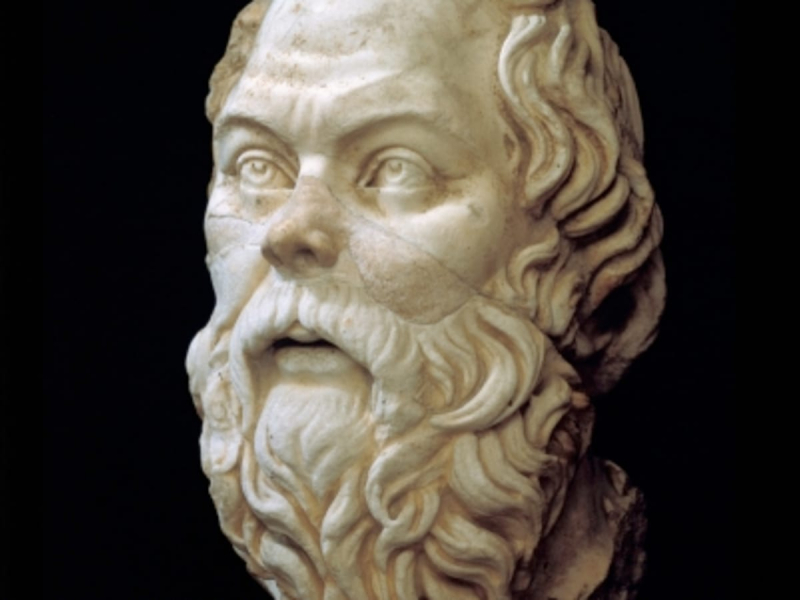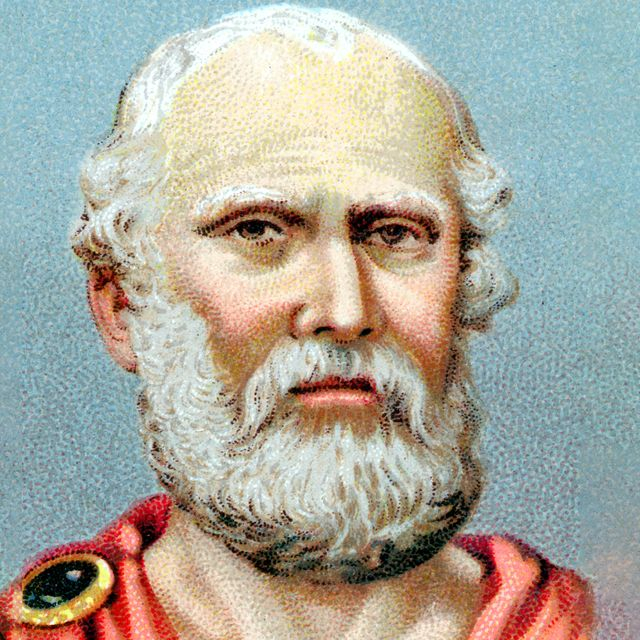The Happiness Mantra

Socrates introduced his philosophy of pleasure into Greece's predominately depressing culture. The disastrous Peloponnesian Wars (about 430–404), which left its populace steeped in pessimism, were roiling the nation.
Ancient people's conception of bliss as some elusive phenomena that was occasionally delivered by gods whom they preferred was mostly based on demonology. Socrates taught the idea of cultivating happiness on our own. He argued that tranquility in the deepest part of our souls may be attained by reason, unaffected by outside forces. Knowledge was inversely correlated with happiness. In ancient Greece, the notion of finding happiness was seen as hubris (a form of arrogance). Discussions are limited to metaphysical issues, such as what the elements of the universe are. In contrast, Socrates broke the prevailing regime's rules by asking questions about morality and social issues like what genuine happiness entails.
After much thought, Socrates concluded that the secret to pleasure lay in emphasizing the soul rather than the body. One might only reach the home of inner pleasure by living a virtuous and enlightened life. And we can guess that the majority of wise gurus agree.










